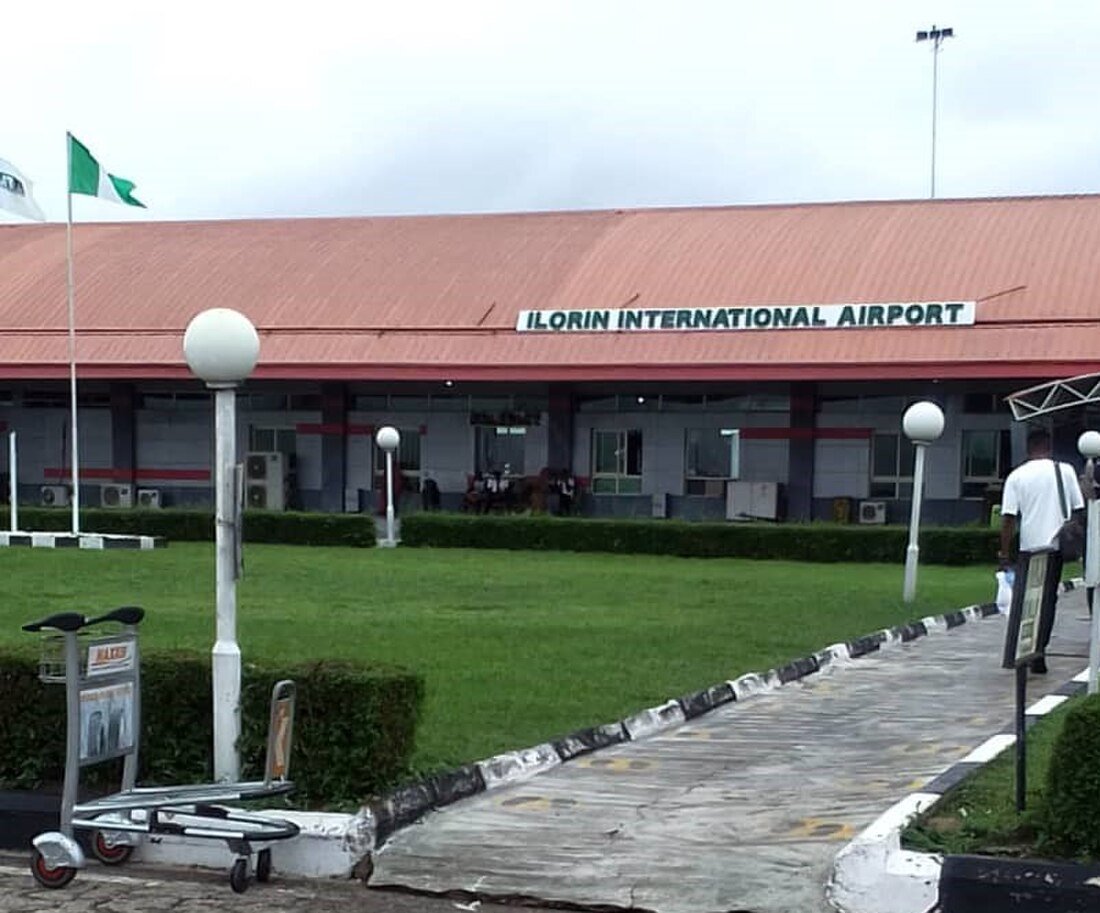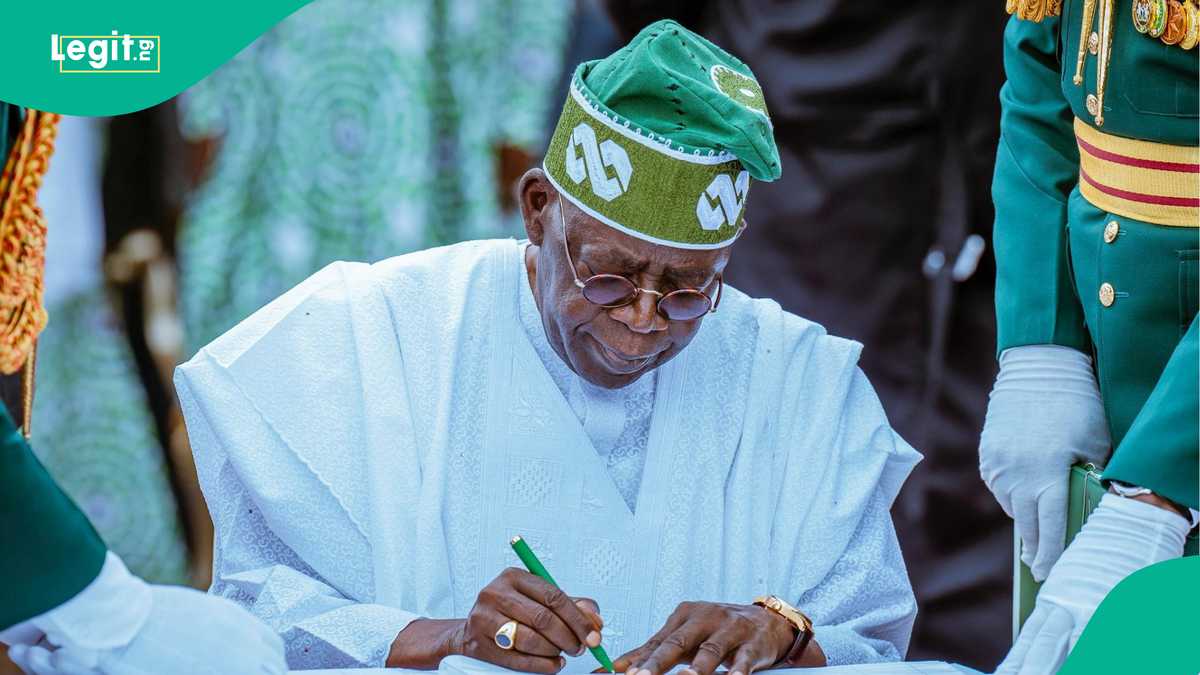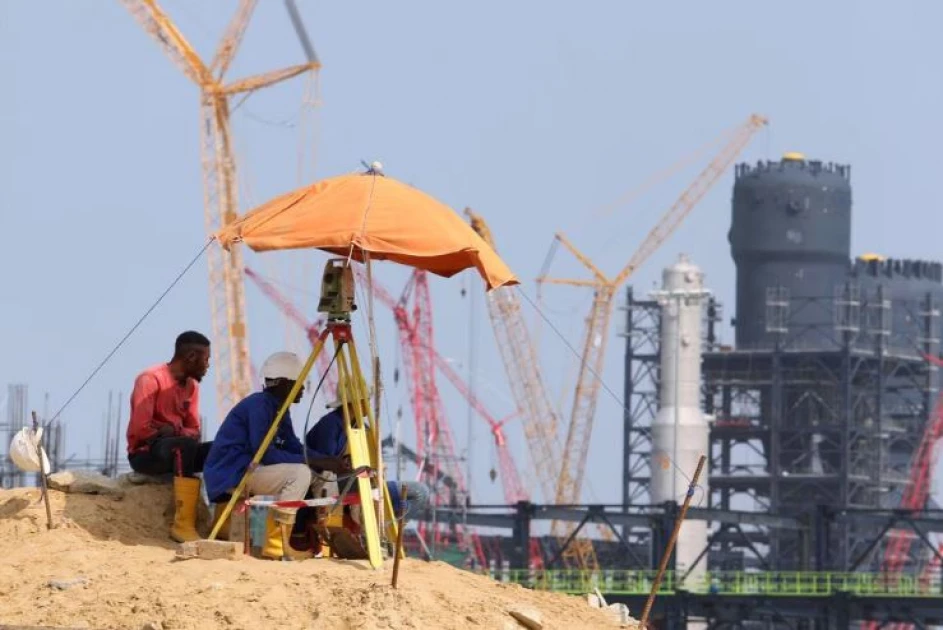Saudi Arabia Investment: US & Europe Ties
Table of Contents
Recent diplomatic activity underscores Saudi Arabia’s growing prominence on the global stage, moving beyond its traditional regional influence. The Kingdom is actively cultivating stronger relationships wiht both the United States and Europe, signaling a shift in international power dynamics.
The recent visit by the US President to Saudi Arabia, alongside stops in the United Arab Emirates and Qatar, represents a significant step in solidifying . This engagement occurs as Saudi Arabia increasingly asserts itself as a pivotal force in international affairs. According to data from the US State Department, trade between the US and Saudi Arabia reached $47.8 billion in 2023, demonstrating the economic importance of the relationship.
Experts note a marked evolution in the nature of thes partnerships.While previous engagements often focused on large-scale real estate ventures, the current dialog centers on broader strategic cooperation and diversified investment. Jerry Inzerillo, Director General of Diriyah Company, highlighted this transformation, noting a shift from solely focusing on aspiring construction projects to a more thorough partnership.
“This isn’t the Saudi Arabia of the past,” Inzerillo explained. “There’s a basic change underway, impacting the entire Gulf region.” He further emphasized the strong personal rapport between the US President and Saudi Crown Prince Mohammed bin Salman, describing it as a productive and collaborative dynamic.
Saudi Arabia is also playing a very large strategic role in terms of diplomacy. The Kingdom has been proactively working to deepen , evidenced by high-level visits from leaders of the United Kingdom, France, and Germany earlier this year. This outreach is particularly noteworthy given the annual gathering of world leaders at the United Nations General Assembly in New York. Last year, Crown Prince Mohammed bin Salman hosted 109 heads of state within the Kingdom, demonstrating Saudi Arabia’s appeal as a central hub for international diplomacy.
Furthermore, the Kingdom is actively fostering economic collaboration with European businesses. Currently, are involved in projects within Saudi arabia, spanning crucial sectors like design, engineering, civil construction, tourism, cultural preservation, museum advancement, and specialized training programs. This represents a substantial investment in European expertise and a commitment to long-term economic partnerships. For example, French companies like Thales and Alstom are heavily involved in Saudi Arabia’s infrastructure and defense projects, while German firms are contributing to the Kingdom’s renewable energy initiatives.These developments signal a Saudi Arabia determined to play a leading role in shaping the future of global politics and economics, forging new alliances and driving significant investment across multiple sectors.
Saudi Arabia, a global energy powerhouse, is undergoing a meaningful economic transformation under its Vision 2030 initiative. This enterprising plan aims to diversify the Kingdom’s economy away from oil, creating exciting investment opportunities for both US and European businesses. This article delves into the multifaceted relationships,explores key investment sectors,and examines the challenges and benefits associated with investing in Saudi Arabia.
Vision 2030 represents a paradigm shift in Saudi Arabia’s economic strategy. It promotes privatization, deregulation, and the development of non-oil sectors. This shift is attracting substantial foreign direct investment (FDI) from the US and Europe, seeking to capitalize on the Kingdom’s growth potential.
Several sectors within Saudi Arabia are particularly attractive for US and European investors. These include:
NEOM, a planned mega-city on the Red Sea coast, is arguably the most ambitious project under Vision 2030. it presents immense opportunities for companies specializing in:
Saudi Arabia is committed to transitioning to a cleaner energy future. The country is investing heavily in renewable energy projects, including:
Saudi Arabia is actively seeking to become a regional technology hub. This presents opportunities in:
Saudi Arabia is opening up to international tourism, creating opportunities in:
Saudi Arabia is investing heavily in its healthcare sector to improve the quality of care and expand access to medical services. This includes:
The US and Saudi Arabia have a long-standing economic relationship built on energy cooperation. However, the relationship is evolving beyond oil to encompass a broader range of sectors.
Aramco’s strategic partnership with US-based companies to develop carbon capture technologies further exemplifies the ongoing collaboration in the energy sector. Boeing’s support for Saudi Arabia’s aerospace aspirations showcases diversification beyond customary oil-related industries.
European countries are also deepening their economic ties with saudi Arabia, seeking to broaden the relationship beyond energy.
Siemens (Germany) has been instrumental in providing infrastructure solutions for NEOM, demonstrating Europe’s commitment to saudi Arabia’s innovative ventures. Further cementing the relationship, TotalEnergies (France) is involved in multiple renewable energy projects, highlighting a shared vision for a sustainable future.
While Saudi Arabia presents significant investment opportunities, it’s essential to be aware of the potential challenges:
Despite the challenges, investing in Saudi Arabia offers several potential benefits:
- Provides access to key markets in Asia,Europe,and Africa.
- The Saudi government offers various incentives to attract foreign investment.
- Saudi Arabia has a large pool of capital available for investment.
- Early investors can gain a significant advantage in the Saudi Arabian market.
Siemens, a German multinational conglomerate, has been a key partner in developing the smart infrastructure for NEOM. Their involvement includes providing technology solutions for energy management, transportation, and building automation. This partnership showcases the potential for European companies to contribute to Saudi Arabia’s ambitious development projects.
Aramco’s partnerships with major international oil companies demonstrate triumphant long-term collaborations.These partnerships involve joint ventures in exploration, production, and refining, leveraging the expertise of international players to maximize the value of Saudi Arabia’s oil resources. These include also technological enhancements for reducing gas emissions.
| Company | Country | Sector | Investment Focus |
|---|---|---|---|
| Siemens | Germany | Infrastructure | Smart City technology for NEOM |
| TotalEnergies | France | renewable Energy | Solar and Hydrogen production |
| Boeing | USA | Aerospace | Development of the Saudi aerospace |
| Aramco | Saudi State-owned | Renewable & Oils sector | Partnerships for exploration and sustainability projects |
Several businesses have shared their experiences in navigating the Saudi business landscape. A common theme is the importance of local partnerships. building relationships with local companies and individuals allows for a better understanding of the cultural nuances and business practices specific to the region. Furthermore, patience and adaptability are frequently cited as key ingredients for success. The regulatory environment can be complex, requiring a flexible approach and a willingness to adapt to changing circumstances. However, those who persevere often find the rewards to be significant, particularly given the Kingdom’s ambitious growth agenda and the government’s commitment to attracting foreign investment.










